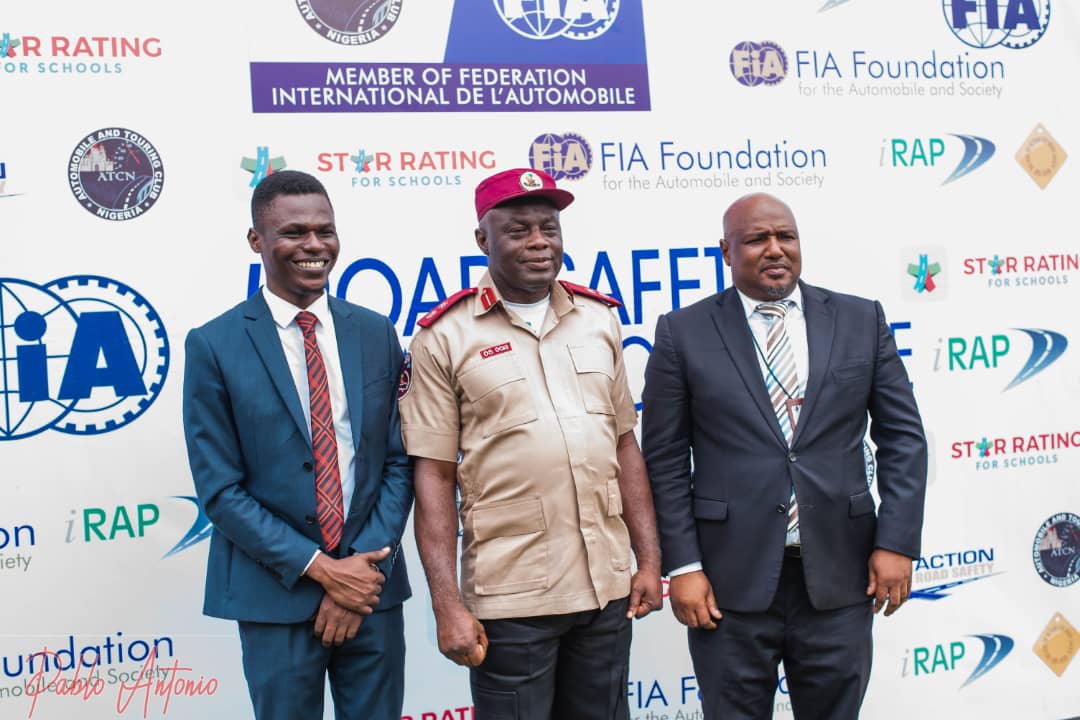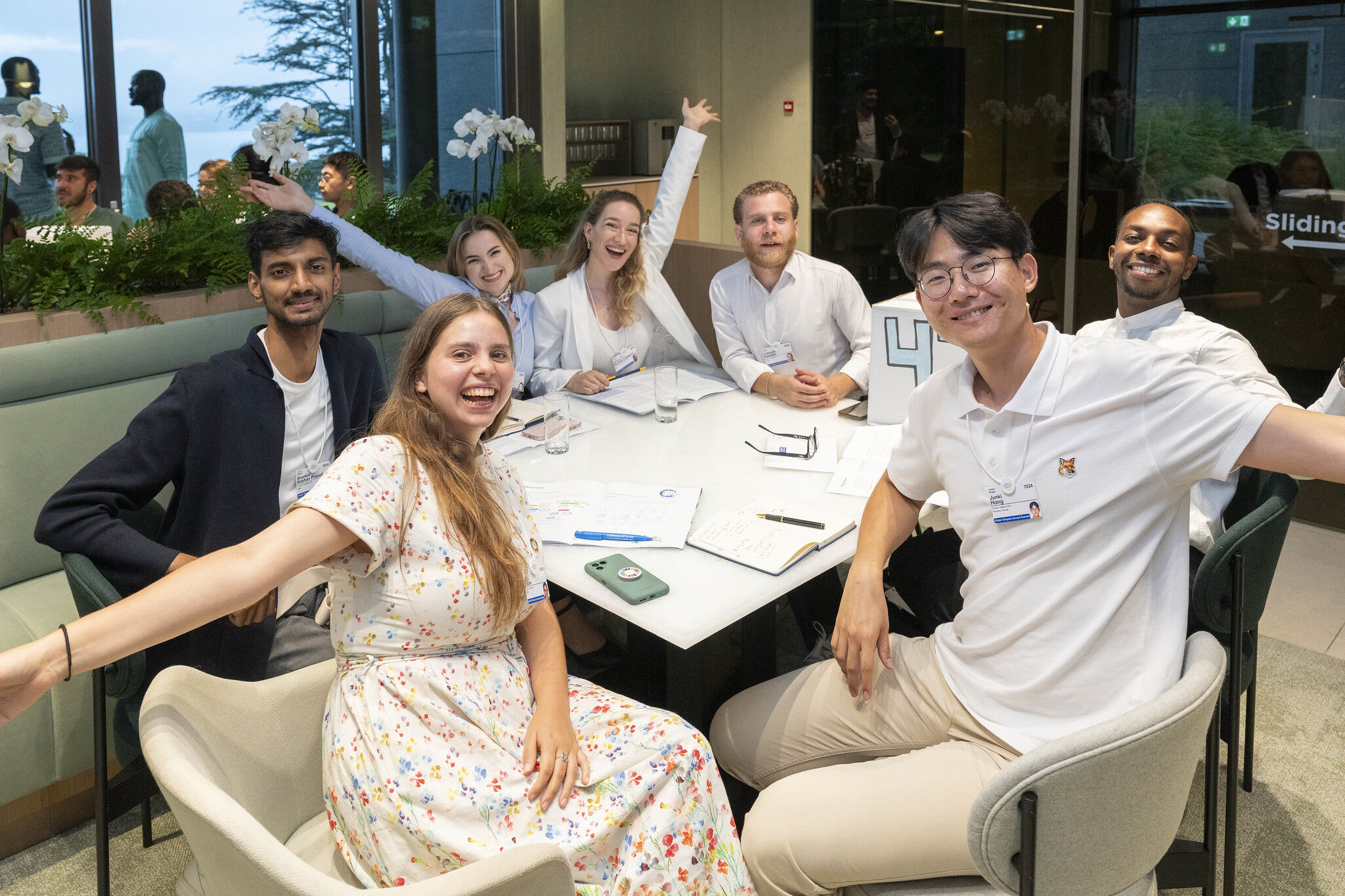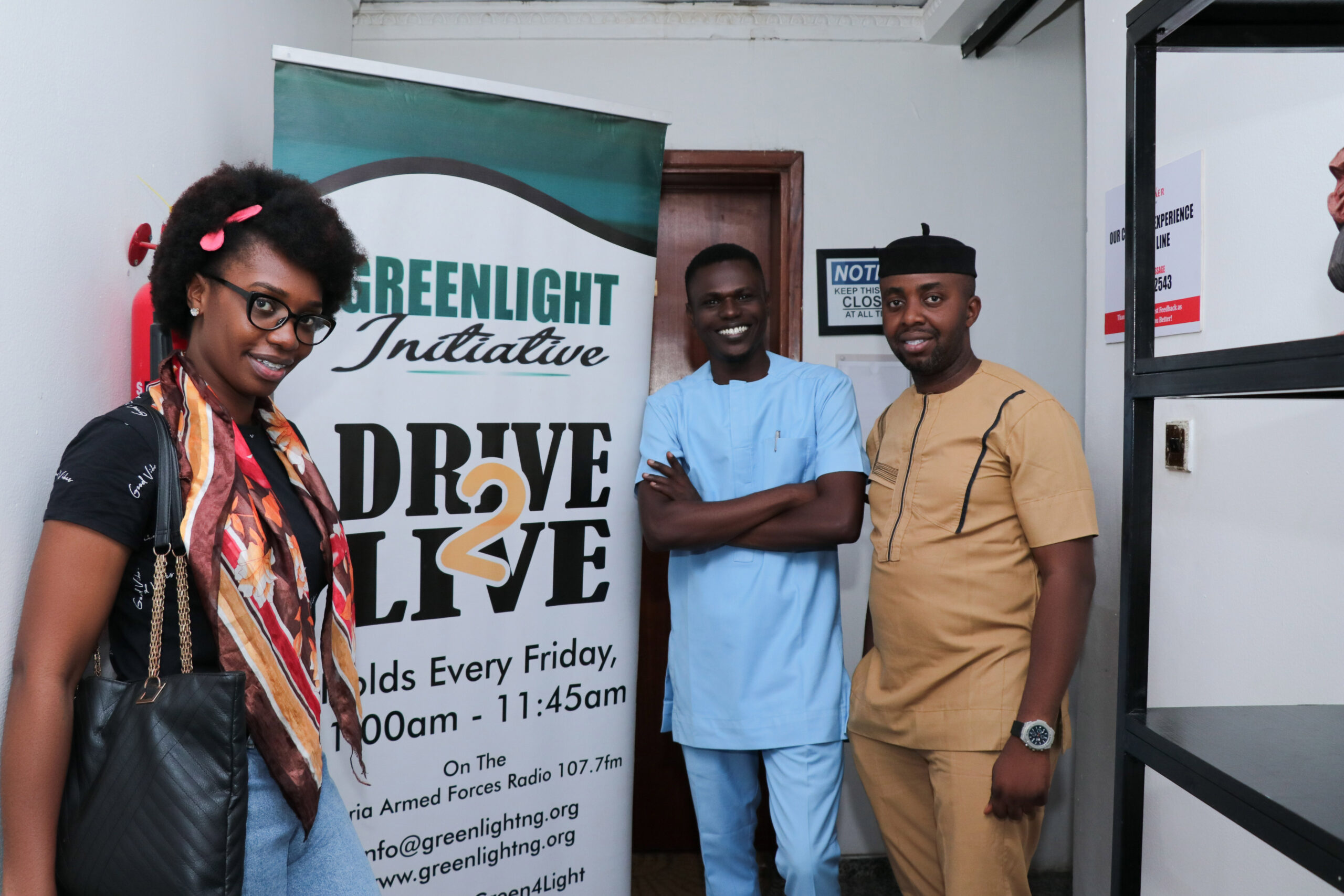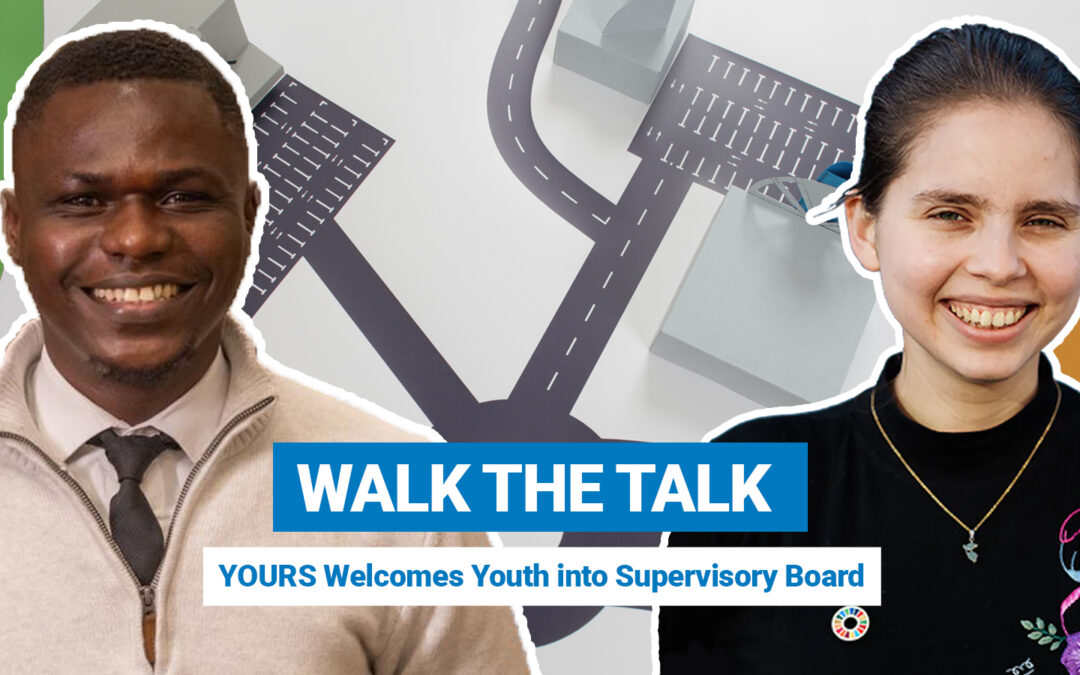“Walk the Talk” – True to its core values, YOURS – Youth for Road Safety is an organisation for youth, by youth. As August and the celebration of young people through International Youth Day formally ends, we welcome September with some exciting news about how young leaders have been given seats at YOURS’ governing body, the Supervisory Board.
The Board welcomes Simon Patrick Obi and Inés Yabar!
To learn more about these incredible leaders, YOURS Junior Communication Manager Maolin Macatangay talks with the two about their experiences in road safety and sustainable development. Read on to get to know them better!
Mao: Good morning, guys! It’s nice to finally get a chance to speak with you! Congratulations on joining the Supervisory Board. I’m so excited to see what you will bring to the table. Before we start with the questions, maybe you can share a little bit about yourself.
Simon: Yes, Simon Patrick Obi is my name, and I am from Nigeria. I founded a nonprofit called GreenLight Initiative, for which I have promoted road safety for over a decade. I was at the 2nd World Youth Assembly for Road Safety, where we kicked off the idea of the Global Youth Coalition for Road Safety. I joined the Youth Leadership Board, and ever since, we’ve been working with the YOURS team to push for road safety.
Inés: I think my interactions with Youth for Road Safety started even before I knew Youth for Road Safety was a thing. I met Raqui [Raquel Barrios] when she had her role at Techo, I had founded an organisation in France that supported the efforts in Latin America, and she was the European coordinator. So that’s how I met her. She joined this road safety movement, and I thought, “What’s this?”. When I joined the UN Foundation – they were partners of the Global Youth Coalition – so it’s been a nice way to see the journey a bit from the outside.
I have never been a strong advocate for road safety; my advocacy has been mainly the reduction of inequalities and climate change sustainability. But I’ve always admired how the team finds the intersections and tries to bring other people in. I’ve always been in and out interacting, as you said, Mao, with the different requests from the team, which I always enjoy. That’s what I mostly enjoy – the team of YOURS is super friendly and is doing a lot for a very small team. So I’m excited to be joining in a more formal role and get to contribute from different angles and also get to learn a lot.

Mao: That is incredible, and I know you guys have done a lot and I feel very privileged to see those journeys unfold. So the first question is about a significant lesson you learned, or maybe an experience that shaped you to be the leader you are today, and how will this lesson be applied within your role as a Supervisory Board Member?
Simon: You see, as a Youth Leadership Board member for the Global Youth Coalition for Road Safety and also being involved in several leadership associations, I have learned that to effectively engage with young people, it is essential to act and not just to act but also to communicate in ways that resonate with youth. I’ve also learned that young people are more engaged and interested when they are empowered, when they are mentored, when they are included in the decision-making process. By integrating these lessons I have learned over the years, I hope to contribute to the board’s effectiveness and support YOURS in advancing its mission to improve safe and sustainable mobility for youth worldwide.
Inés: I am currently in a situation where leadership is hard because I make hard decisions. I think that this is something I’ve learned from previous structures I’ve been in or even structures that I’m in now is that leadership isn’t just guiding people in the nice areas or getting people to do things or bringing people along or motivating them – it’s sometimes often learning to say no or learning when you have to let go of someone who’s not following the guidelines or the values that the team is in. I think it will be interesting to see how, in the Supervisory Board, we can align in more difficult moments. I want to see how we can ensure that the organisation still supports the young leaders and the work it’s doing while also standing firm in whatever values or structures are in place.

Mao: In today’s generation where, people are going towards more of the influencer route or going the route that will allow them to make a profit. Can you give us the story of why you chose an altruistic professional path?
Simon: The answer reflects my lived experience. Actually, when I wanted to go into road safety, some folks told me that I was broke and I was going to an area that would make me even poorer. It was such a hard decision for me but I wanted to change because I saw a need and a problem in my society. In 2015, I came across a newspaper article saying that car crashes were the leading cause of violent deaths in Nigeria. However, the government and the public showed minimum interest in road safety. This is largely because the victims of road crashes were often from low-income backgrounds – evidence also shows that. Around that same time, I experienced the tragic loss of young friends dying in crashes, and it struck me that not too much is done to advocate for young people in my country. So, I was determined to make a difference.
Inés: When I was 15 years old, I went to volunteer in a Shanti town – this was part of a school project – and I saw that I could make a change. We built a house for one family that transformed their lives because they lived in inhumane conditions. So, I could see the impact of small things I could make. The anecdote I thought about road safety specifically isn’t good; I was riding my bike in Peru, and I wasn’t wearing a helmet. I didn’t have lights, either. A reporter stopped me, and he was filming something about the new bike law. There was going to be a new law that made us wear helmets and have lights on our bikes. So he was interviewing people riding past and of course, I took the opportunity to talk to him. We spoke for half an hour, and I was feeling super great about myself, but then when I saw the report come out, the only part that they focused on was that I was saying, “Yes, it’s good – people should wear helmets,” and I wasn’t wearing one. And so, to me, that was a motivation to say, “Okay? I’m preaching about how you should wear a helmet, but I’m not wearing one because I didn’t feel like it was necessary”. That was broadcast nationally, and I just thought, “Oh my goodness” Since then, I have not gotten onto a bike without a helmet and lights.

Mao: So, what is your vision for YOURS and young people in road safety? And what do you think is our role in achieving 50by30?
Simon: So, my vision for the future of YOURS is simple; I want to see YOURS lead a transformative shift in global road safety by involving and engaging youth who have continued to bear the greatest brunt of road crashes. I also envision YOURS becoming a critical force in driving systemic change through creative and innovative strategy and robust advocacy for safe and sustainable mobility for young people.
Inés: Maybe my vision is a bit more selfish in the sense that I want to see people like me who also want to advocate for road safety but those who hasn’t done it before. How can we bring those who don’t realise how affected young people are by road safety or don’t understand how they can take action? How do you reach the countries most affected by road crashes but also reach those countries that aren’t? How do we get these low-risk countries to advocate for other countries to step up their game? How do we make sure that those young people have the right tools and aren’t working in silos for governments, companies, or other institutions?
Mao: Thank you very much, guys. Looking forward to working with you!
There will be additional updates on the YOURS Supervisory Board so stay tuned!

